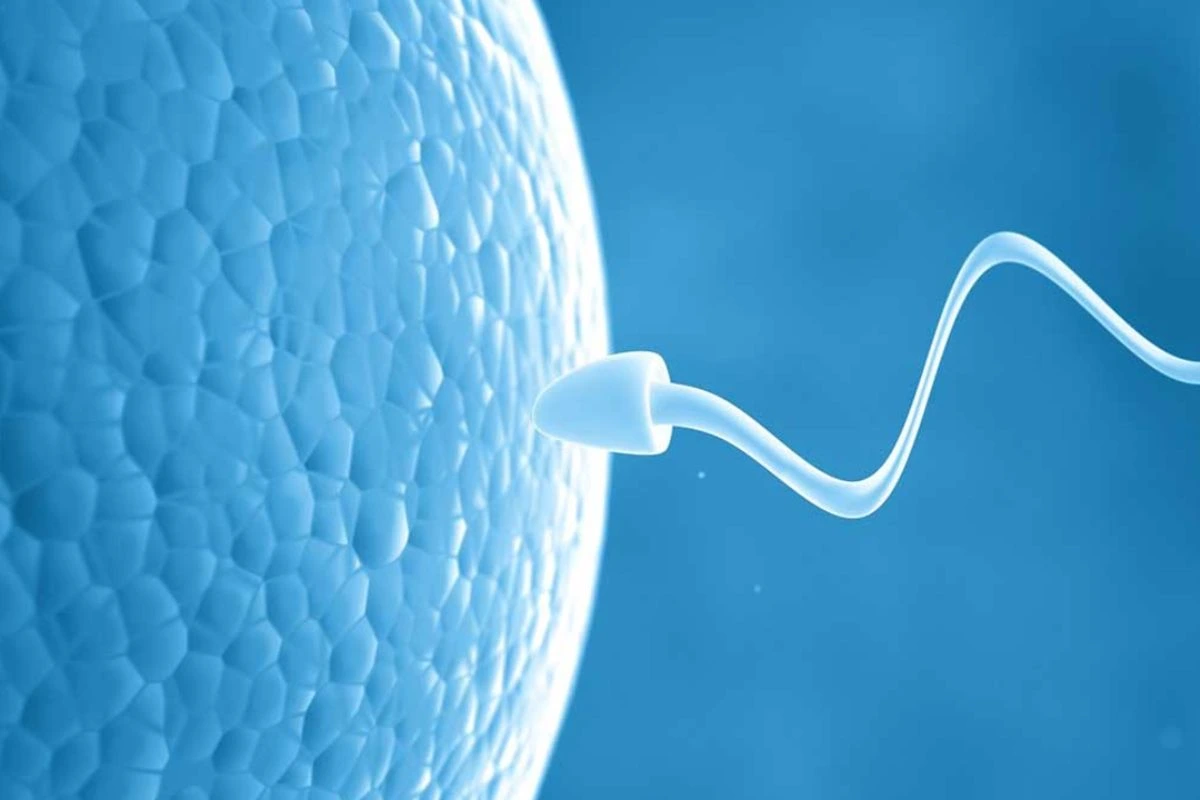How Successful is IUI Treatment?

Intrauterine Insemination (IUI) is a popular fertility treatment that can help couples who are struggling to conceive. The procedure involves placing sperm directly into a woman's uterus around the time of ovulation, increasing the chances of fertilization. IUI is often one of the first treatments recommended for infertility because it is less invasive and more affordable than other methods like In Vitro Fertilization (IVF). However, the success of IUI treatment can vary depending on several factors. In this article, we will explore how successful IUI treatment can be, the factors that influence its success, and how couples seeking IUI Treatment in Kenya can improve their chances of conceiving.
What Is IUI Treatment?
Intrauterine Insemination (IUI) is a procedure that involves placing prepared sperm directly into a woman's uterus during her ovulation period. The sperm is usually collected from the male partner or a sperm donor and then processed in a laboratory to increase its chances of fertilizing the egg. By bypassing the cervix and depositing the sperm closer to the fallopian tubes, IUI enhances the likelihood of the sperm reaching and fertilizing the egg.
IUI is often used in cases of unexplained infertility, mild male factor infertility (such as low sperm count or poor sperm motility), or cervical mucus issues that may block sperm from reaching the egg. It is also used in cases where couples are using donor sperm or when sexual dysfunction makes timed intercourse difficult.
How IUI Treatment Works
The IUI procedure is relatively simple and involves the following steps:
1. Ovulation Monitoring: IUI is timed to coincide with the woman's ovulation. Ovulation can be monitored through blood tests, ultrasound scans, or ovulation prediction kits. In some cases, fertility medications may be prescribed to stimulate the ovaries and induce ovulation.
2. Sperm Collection and Preparation: The sperm sample is collected from the male partner or a donor. The sample is then washed and prepared in a lab to concentrate the healthiest and most motile sperm. This increases the chances of fertilization by using only high-quality sperm.
3. Insemination: During the insemination procedure, the prepared sperm is inserted into the woman’s uterus using a thin, flexible catheter. This is usually a painless procedure, although some women may experience mild cramping.
4. Post-Insemination: After the insemination, the woman is advised to rest for a short time before resuming her normal activities. About two weeks later, a pregnancy test is performed to determine if the procedure was successful.
Factors That Affect the Success of IUI Treatment
The success of IUI treatment depends on several factors, including the age of the woman, the underlying cause of infertility, the quality of the sperm, and the use of fertility medications. Below are some of the key factors that influence IUI success rates:
1. Age of the Woman
Age is one of the most critical factors in determining the success of IUI treatment. Women under the age of 35 have higher success rates compared to older women because younger women typically have better egg quality. As a woman ages, her ovarian reserve decreases, which reduces the chances of conception.
2. Fertility Medications
The use of fertility medications, such as Clomid or gonadotropins, can enhance the chances of success in IUI treatment. These medications stimulate the ovaries to produce more eggs, increasing the likelihood that one or more eggs will be fertilized. IUI cycles that involve fertility drugs tend to have higher success rates compared to natural cycles without medication.
3. Sperm Quality
The quality and quantity of sperm used in IUI treatment play a significant role in determining its success. While IUI can help couples with mild male infertility, such as low sperm count or poor sperm motility, it may not be effective in cases of severe male infertility. For IUI to be successful, a minimum number of healthy, motile sperm is needed to reach and fertilize the egg.
4. Cause of Infertility
The underlying cause of infertility also impacts the success of IUI treatment. IUI tends to be more successful in cases of unexplained infertility, mild male factor infertility, or cervical issues. Women with ovulatory disorders, mild endometriosis, or sperm allergies may also benefit from IUI. However, the procedure may not be effective for women with blocked fallopian tubes, severe endometriosis, or men with severe sperm abnormalities.
5. Number of IUI Cycles
IUI success rates improve over multiple cycles. While the chances of success in any given cycle may be low, many couples conceive after undergoing multiple IUI attempts. Most fertility specialists recommend trying IUI for three to six cycles before considering more advanced treatments like IVF.
6. Timing of the Procedure
The timing of IUI during ovulation is crucial for success. IUI is most effective when performed within 24 to 36 hours of ovulation. Fertility clinics often monitor ovulation closely using ultrasound and blood tests to ensure that the procedure is timed perfectly.
Conclusion
IUI treatment is a relatively simple and less invasive fertility option for couples experiencing certain types of infertility. While the success of IUI can vary depending on several factors such as age, sperm quality, and the use of fertility medications, it remains a viable option for many couples. It is important to work with a fertility specialist who can guide you through the process and recommend the best approach based on your specific circumstances.
